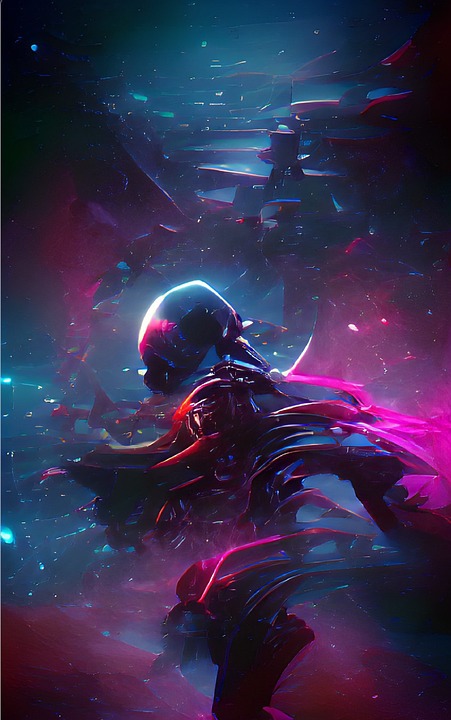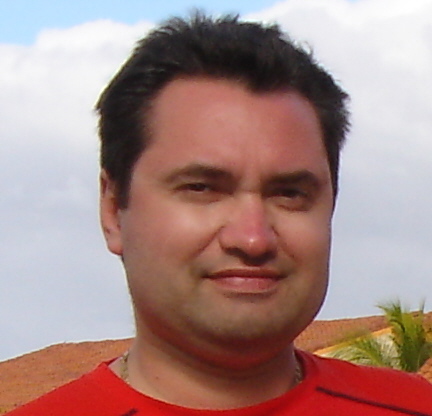
Why did the experience of consciousness evolve from our basic brain physiology? Despite being a spirited field of neuroscience, current consciousness research is characterized by disagreement and controversy—with several competing theories in dispute.
A recent review of over 1,000 articles identified over 20 different theories. Philosophers such as David Chalmers argue that no single scientific theory can truly explain consciousness.
We define consciousness as embodied subjective awareness, including self-awareness. In a recent article published in Interalia (which is not peer-reviewed), we argue that one reason for this situation is the powerful role of intuition.
We are not alone. Sociologist Jacy Reese Anthis writes that “much of the debate about the fundamental nature of consciousness takes the form of a duel of intuitions, with different sides claiming powerful intuitions and dueling with each other.”
The Dangers of Intuition
Key intuitive beliefs – for example, that our mental processes are distinct from our physical bodies (mind–body dualism) and that our mental processes cause and control our decisions and actions (mental causality) – are supported by subjective experiences throughout life.
These beliefs are found in all human cultures. They are vital because they are the foundational beliefs of most liberal democracies and criminal justice systems. They are resistant to evidence to the contrary. This is because they are strongly supported by social and cultural concepts such as free will, human rights, democracy, justice, and moral responsibility. All of these concepts assume that consciousness plays a central controlling role.
Intuition, however, is an automatic, cognitive process that has evolved to provide rapid, reliable explanations and predictions. In fact, it does this without us needing to know how or why we know it. The results of intuition thus shape the way we perceive and explain our everyday world, without the need for extensive reflection or formal analytic explanations.
While helpful and indeed crucial to many daily activities, intuitive beliefs can be flawed. They can also distort scientific knowledge.
Intuitive accounts of consciousness ultimately put us in the driver’s seat as “captains of our own ship.” We think we know what consciousness is and what it does simply by experiencing it. Thoughts, intentions, and mental desires are seen as determining and controlling our actions.
The widespread acceptance of these tacit, intuitive explanations helps to partially explain why formal research on consciousness was relegated to the margins of mainstream neuroscience until the overdue 20th century.
The problem for scientific models of consciousness remains how to adapt these intuitive descriptions to a materialist framework consistent with the findings of neuroscience. While there is currently no scientific explanation of how brain tissue generates or maintains subjective experience, the consensus among (most) neurobiologists is that it is a product of brain processes.


Social purpose
If this is so, why did consciousness, defined as subjective cognition, evolve?
Consciousness probably evolved as part of the evolution of the nervous system. According to several theories, a key adaptive function (one that provides an organism with survival and reproductive benefits) of consciousness is to enable voluntary movement. And volition is something that we ultimately associate with will, agency, and individuality. It is simple to think that consciousness evolved to benefit us as individuals.
But we argued that consciousness may have evolved to facilitate key adaptive social functions. Rather than helping individuals survive, it evolved to assist us transmit our experienced ideas and feelings to the wider world. And this may benefit the survival and well-being of the wider species.
This idea fits into modern thinking about genetics. While evolutionary science has traditionally focused on individual genes, there is a growing recognition that natural selection among humans operates on many levels. For example, culture and society affect the traits that are passed down from generation to generation—some we value more than others.
Central to our explanation is the idea that sociality (the tendency of groups and individuals to form social bonds and live in communities) is a key survival strategy that influences how the brain and cognitive processes develop.
Adopting this evolutionary framework, we propose that subjective consciousness has no independent capacity to causally influence other psychological processes or actions. An example would be initiating a course of action. The idea that subjective consciousness has a social purpose has been described earlier by other researchers.
To claim that subjective consciousness has no causal influence, however, does not deny the reality of subjective experience or claim that such experience is an illusion.
Although our model removes subjective awareness from the established driver’s seat of the mind, this does not mean that we do not value private, internal experiences. Indeed, it is precisely because of the value we place on these experiences that intuitive accounts remain persuasive and pervasive in social and legal organizational systems and psychology.
Although it seems counterintuitive to attribute agency and personal responsibility to a biological collection of nerve cells, it makes sense that highly valued social constructs such as free will, truth, honesty, and justice can be meaningfully attributed to individuals as responsible persons in a social community.
Think about it. While we are deeply rooted in our biological nature, our social nature is largely defined by our roles and interactions in society. As such, the mental architecture of the mind should be highly adapted to the exchange and reception of information, ideas, and feelings.
Consequently, although the brain as a biological organ is incapable of assuming responsibility and acting, legal and social traditions have long held individuals accountable for their behavior.
The key to achieving a more scientific explanation of subjective consciousness is to accept that biology and culture work together to shape how brains evolve. Subjective consciousness comprises just one part of a much larger mental architecture of the brain, designed to facilitate the survival and well-being of the species.
Peter W Halligan, Professor of Neuropsychology at Cardiff University and David A Oakley, Emeritus Professor of Psychology at UCL
This article was reprinted from Conversation under the Creative Commons license. Read original article.
Image Source: Pixabay.com






